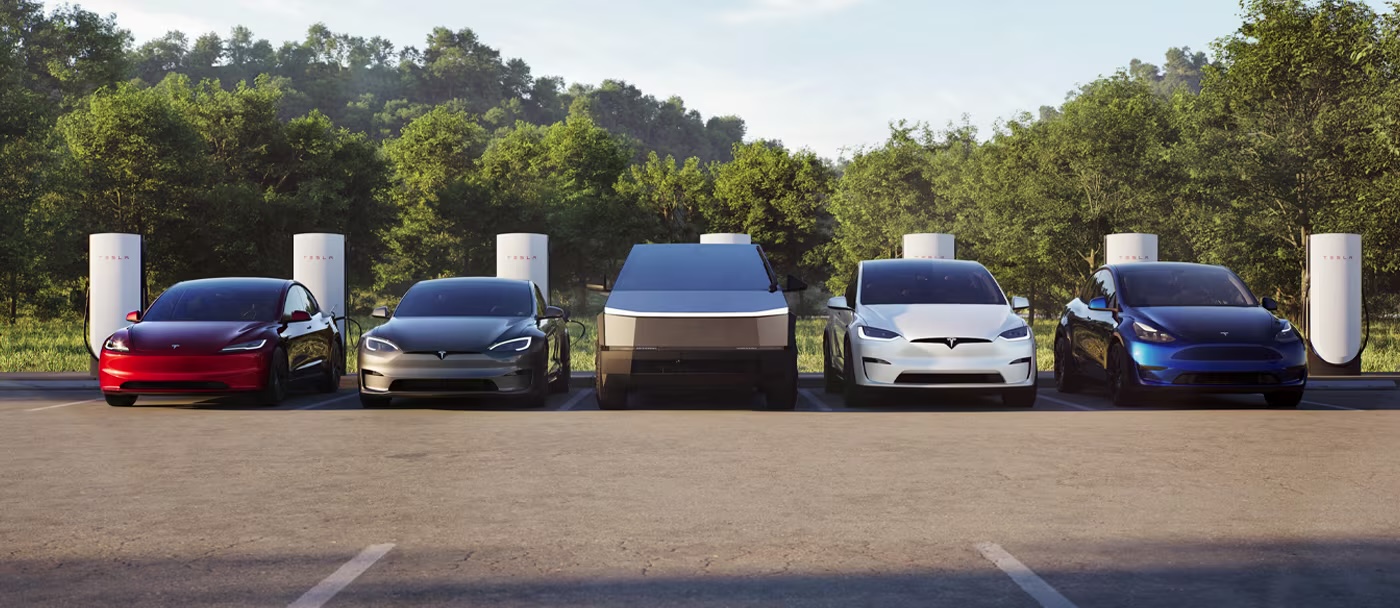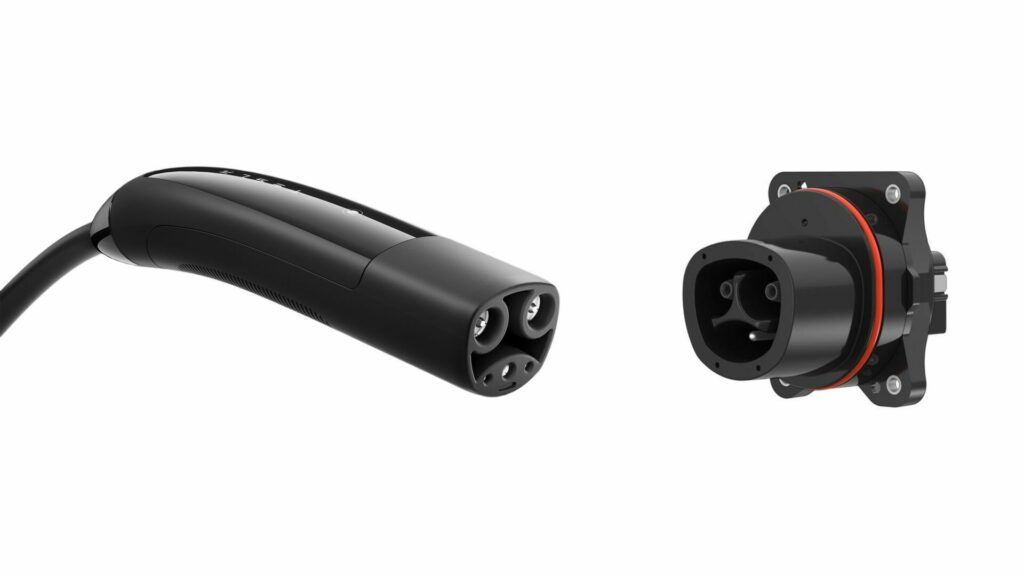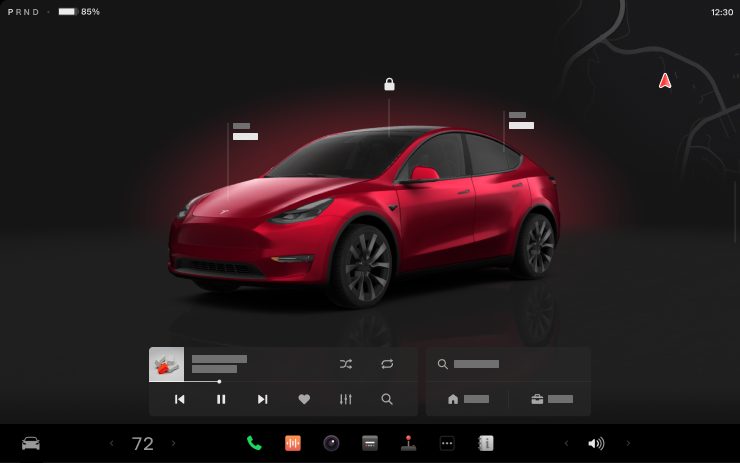
Texas Tesla Mandate Faces Opposition from EV Charging Firms

Image: Tesla
A coalition of EV charger manufacturers and operators are voicing concerns against Texas’ proposal to mandate the inclusion of Tesla’s technology in charging stations. According to a document viewed by Reuters and sources, the group deems the plan as “premature.”
Texas’ plan would require EV charging companies to incorporate both Tesla’s North American Charging Standard (NACS) and the nationally recognized rival Combined Charging Standard (CCS) technology. This would qualify them for a state program aimed at electrifying highways using federal funds.
However, five prominent EV charging entities, including operator ChargePoint Holdings and manufacturer ABB, alongside a clean energy association, have formally petitioned the Texas Transportation Commission. They seek more time to re-engineer and test Tesla’s connectors. According to a letter sent to the commission chairman, the quick implementation of Texas’ plan “risks the successful deployment” of the initial phase of federal funds, says Reuters.
“Time is needed to properly standardize, test, and certify the safety and interoperability of Tesla connectors across the industry,” the letter emphasized.
Meanwhile, some of these organizations plan to address the issue with the federal government soon, as per a source privy to the matter.
Tesla’s charging technology has recently gained traction with several auto and charging companies, including Ford Motor and General Motors, opting to adopt NACS due to fears of alienating potential customers by offering only CCS.
Others that have signed onto NACS include Rivian, Volvo and Polestar. Volkswagen’s Electrify America also will adopt NACS, which is showing more and more companies sign on.
Tesla’s Superchargers currently account for approximately 60% of the total number of fast chargers in the United States, according to the U.S. Department of Energy. Agreements reached will enable non-Tesla users to leverage the company’s extensive charging network.
Despite this, concerns persist over the compatibility of the two charging standards and the potential cost implications for vendors and customers. The companies have underscored the need for a robust supply chain of NACS cables and connectors that comply with the requirements.

